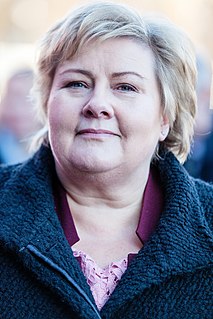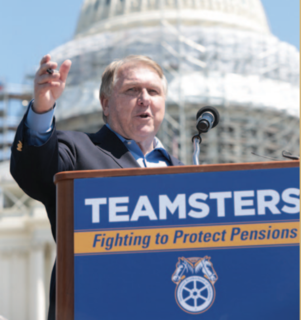A Quote by Ernest Istook
There's a lot of exaggerated talk about CAFTA, but it's actually a fairly routine trade agreement. Although it involves fairly small nations, they're still more important trade partners than places like Australia or many other larger nations.
Related Quotes
If you think of every single continent there is, on every continent, there is something, a natural resource that every continent has, or sources, that they can really survive with that, or they can trade with that. But a lot of the developed nations have taken those things from those places and have claimed it and, therefore, they're dependent on those other nations.
































